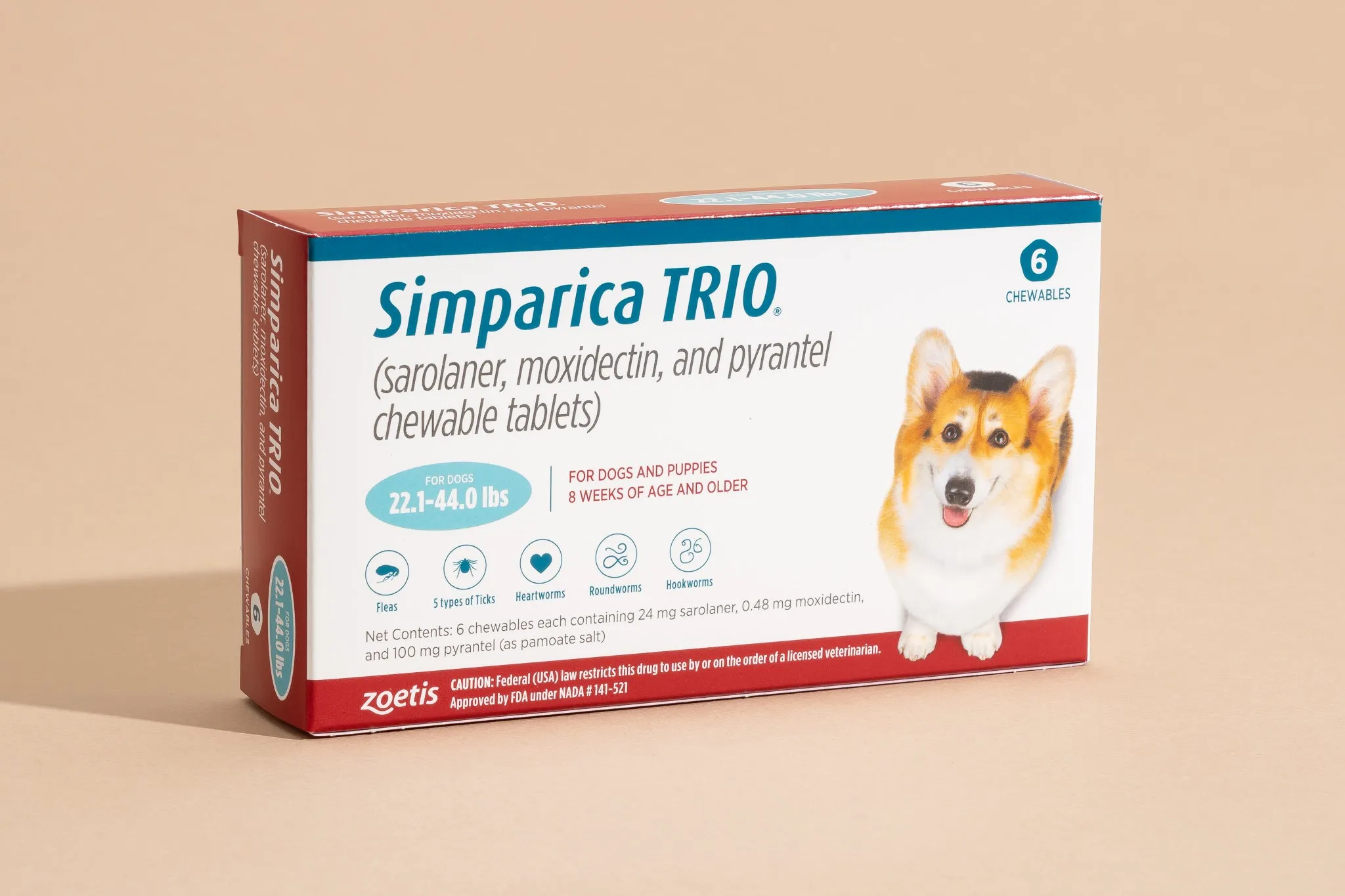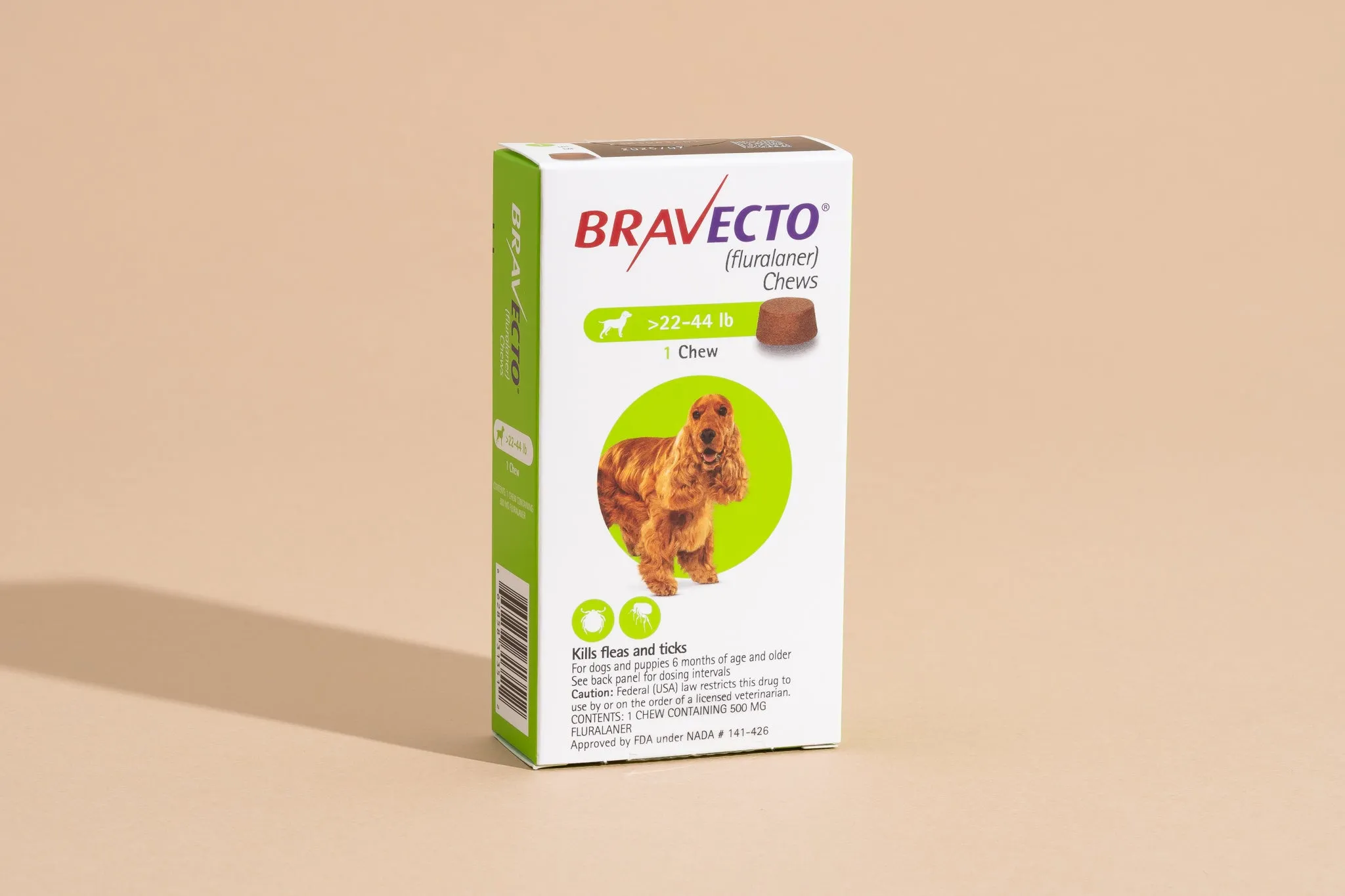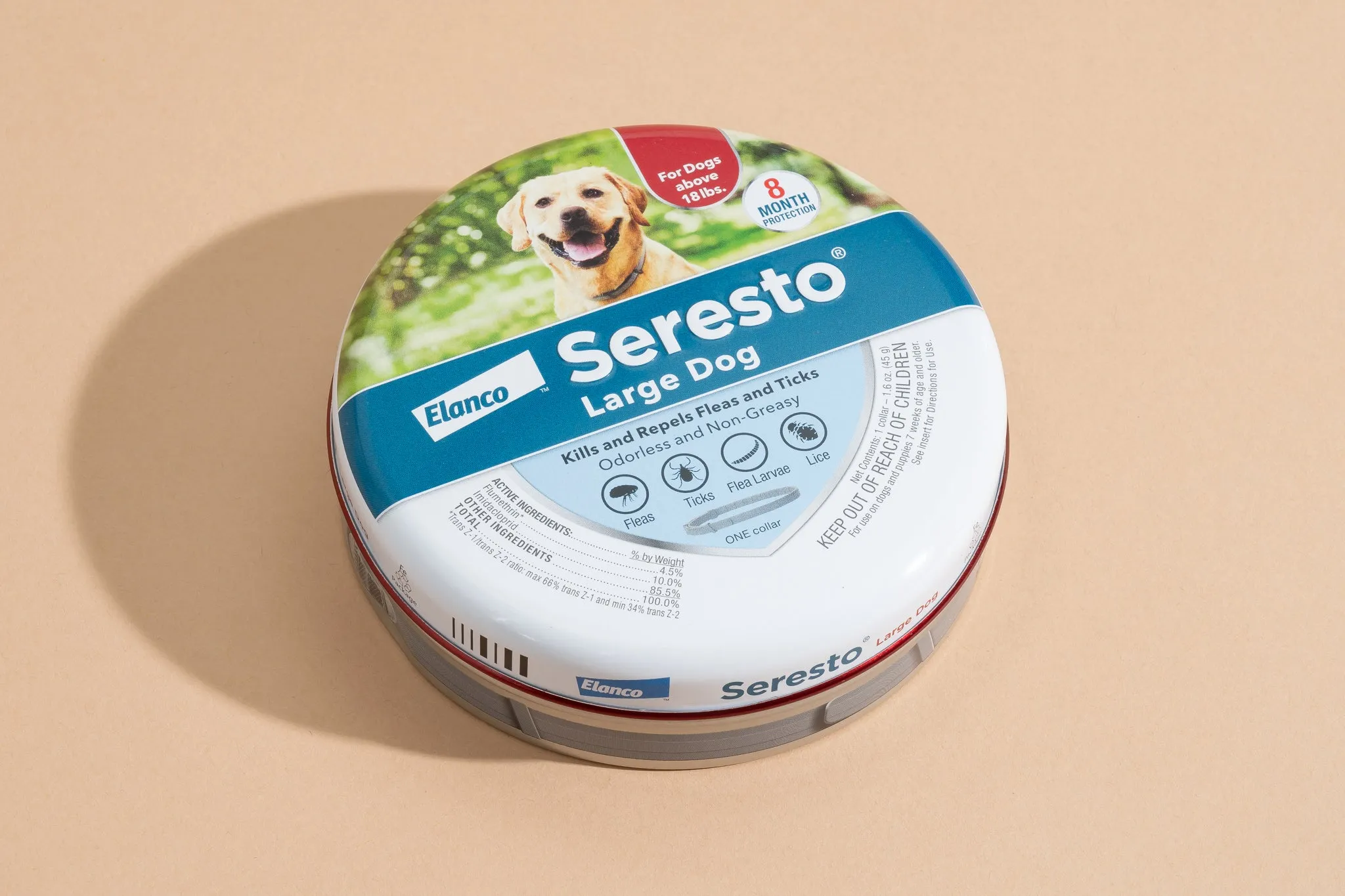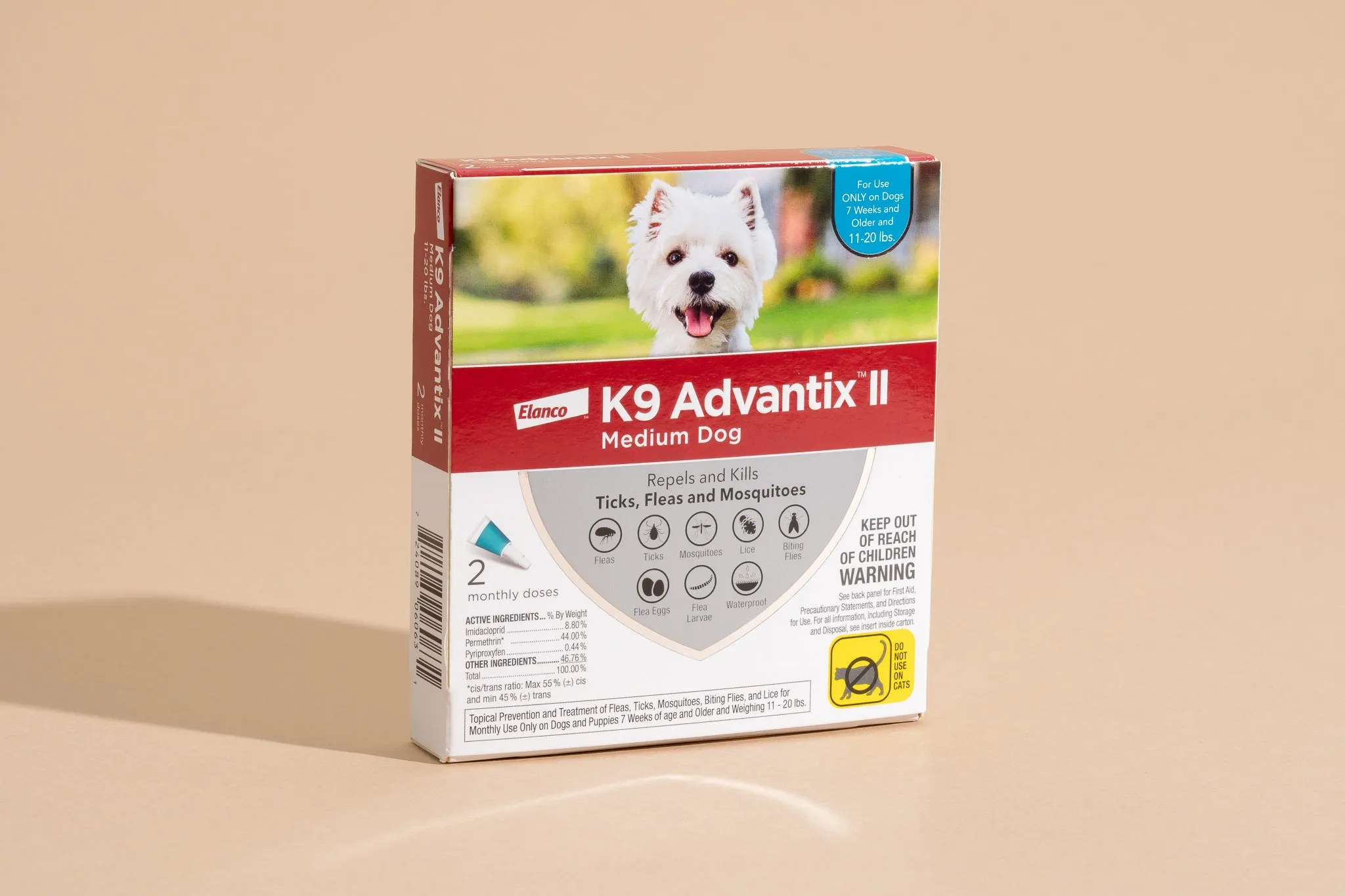Ensuring your beloved canine and feline companions are free from parasites is a cornerstone of responsible pet ownership. Fleas and ticks are more than just an annoyance; these tiny pests can transmit serious diseases, causing discomfort, allergic reactions, and even life-threatening conditions. Finding the Best Flea And Tick Medicine For Dogs And Cats is essential for safeguarding their health and maintaining a happy home environment. This comprehensive guide, informed by veterinary expertise and practical considerations, explores top-rated solutions to help you make the most informed choice for your furry family members.
Understanding the Threat: Why Flea and Tick Prevention is Crucial
Fleas and ticks pose significant health risks to pets. Fleas can cause intense itching, skin infections, and allergic dermatitis, and they are also intermediate hosts for tapeworms. Ticks, on the other hand, are notorious vectors for a range of debilitating diseases, including Lyme disease, Anaplasmosis, Ehrlichiosis, and Rocky Mountain spotted fever, which can affect both pets and humans. Beyond these direct threats, severe infestations can lead to anemia, particularly in young or vulnerable animals. Regular and effective prevention isn’t just about comfort; it’s about protecting your pet’s overall health and well-being, as well as your family’s. Implementing consistent tick and flea medication is a vital part of proactive pet care.
Key Factors to Consider When Choosing Flea and Tick Medicine
Selecting the right parasite control involves more than just picking a popular brand. Various factors influence which medicine will be most effective and safest for your pet:
- Species-Specific Needs (Dogs vs. Cats): This is paramount. Many products safe for dogs are highly toxic to cats. Always use a product specifically formulated and labeled for your pet’s species.
- Pet’s Age and Weight: Dosages are strictly tied to a pet’s weight and sometimes age. Ensure you select the correct weight range to prevent under-dosing (ineffective) or over-dosing (dangerous).
- Lifestyle: Indoor pets may still be exposed, but outdoor pets, especially those in wooded or grassy areas, require more robust protection.
- Spectrum of Protection: Do you need protection only against fleas and ticks, or also against heartworm, hookworm, roundworm, and other parasites? All-in-one solutions offer comprehensive coverage.
- Application Method:
- Oral Chews: Often palatable, convenient, and not affected by bathing or swimming. They typically work systemically.
- Topical Spot-Ons: Applied to the skin, usually between the shoulder blades. Can be effective but require careful application and may have restrictions regarding bathing.
- Collars: Offer long-lasting protection through active ingredients released onto the pet’s skin and coat. Some repel, others kill on contact.
- Duration of Efficacy: Products vary from monthly treatments to those lasting 8 weeks, 12 weeks, or even 8 months.
- Geographic Location: The prevalence of certain ticks (like the Asian longhorned tick or Gulf Coast tick) or heartworm can vary by region, influencing the type of protection needed.
- Prescription vs. Over-the-Counter (OTC): Many highly effective treatments require a veterinary prescription due to their potency and potential side effects if misused. OTC options are available but may offer a different spectrum of protection or mode of action.
- Potential Side Effects and Safety: Discuss any health concerns or existing conditions with your veterinarian before starting a new medication. Always read labels for warnings, especially regarding interactions with other pets in the household.
Top Picks for Dogs: Comprehensive Solutions
Here, we delve into some of the most recommended flea tick and lice treatment for dogs, offering diverse approaches to parasite control.
Simparica Trio Chewable Tablets for Dogs: The All-in-One Solution
 A box of Simparica Trio Chewable Tablets for Dogs.
A box of Simparica Trio Chewable Tablets for Dogs.
For dog owners seeking comprehensive, broad-spectrum parasite protection, Simparica Trio Chewable Tablets are a leading choice. This monthly, prescription-only chewable offers unparalleled convenience by treating and controlling a wide range of internal and external parasites with a single, liver-flavored dose.
What it tackles: Simparica Trio effectively targets fleas, five kinds of ticks (including black-legged, brown dog, American dog, lone star, and Gulf Coast ticks), hookworm, and roundworm. Crucially, it also provides robust prevention against heartworm disease, eliminating the need for a separate heartworm medicine for dogs. According to Chris Adolph, a veterinary parasitologist at Zoetis (the manufacturer), its unique combination of three active ingredients — sarolaner (an isoxazoline compound), moxidectin, and pyrantel — provides this extensive coverage. Sarolaner quickly kills existing fleas and ticks and helps control household flea infestations within four to eight weeks when all pets are treated regularly. Moxidectin safeguards against heartworm, while pyrantel extends the spectrum to include adult and immature stages of two species of hookworms and two species of roundworms.
Considerations: Simparica Trio is suitable for puppies eight weeks and older weighing at least 2.8 pounds, with various dosages available for dogs up to 132 pounds. While it covers many common ticks, it is not currently labeled for the Asian longhorned tick. It can be given with or without food and comes in individually wrapped blister packs, ensuring freshness and easy administration. The annual cost typically ranges from $350 to $405, depending on the dosage and packaging size (six-count often provides better value).
Bravecto Chew for Dogs: Long-Lasting Convenience
 A box of Bravecto Chew for Dogs.
A box of Bravecto Chew for Dogs.
For dog owners prioritizing infrequent administration, Bravecto Chew for Dogs stands out. This prescription oral chew delivers extended protection against fleas and certain ticks for up to 12 weeks, making it one of the longest-lasting oral treatments available.
What it tackles: Bravecto’s active ingredient, fluralaner (another isoxazoline), is highly effective at killing fleas and several tick species, including the black-legged (deer) tick, brown dog tick, American dog tick, lone star tick, and notably, the Asian longhorned tick. Its ability to eliminate fleas can also aid in resolving existing home infestations. The extended duration means fewer doses per year, simplifying your pet care routine. For areas with high lone star tick populations, the label recommends administration every eight weeks for optimal coverage, still offering a significant advantage over monthly treatments. Bravecto is available in multiple dosages for dogs weighing 4.4 to 123 pounds, and a topical solution is also available for dogs with dietary sensitivities or those who dislike chews.
Considerations: While excellent for external parasites, Bravecto Chew does not contain ingredients to prevent heartworm or treat hookworm and roundworm. Dog owners will need a separate product or strategy to address these internal parasites. It should be given with food to maximize absorption. The annual cost for 12-week administration typically ranges from $330 to $350.
Seresto Flea and Tick Collar for Dogs: Repellent Action & Extended Coverage
 A tin containing a Seresto Flea and Tick Collar for Dogs.
A tin containing a Seresto Flea and Tick Collar for Dogs.
The Seresto Flea and Tick Collar offers a unique approach to parasite control, providing long-lasting protection without the need for oral administration or topical spot application every month. This collar not only kills but also repels fleas and ticks, meaning pests don’t need to bite your dog to ingest the treatment.
What it tackles: The Seresto collar targets fleas, chewing lice, sarcoptic mange, and five tick species: black-legged (deer) tick, brown dog tick, American dog tick, and lone star tick. Its repellent action is particularly beneficial as it can help reduce the risk of tick-borne diseases like ehrlichiosis and Rocky Mountain spotted fever, which can be transmitted within hours of a tick attaching. Veterinary experts, like Susan Little, often recommend using a repellent collar as an adjunct to systemic treatments, especially in tick-heavy areas or during peak tick season, to enhance protection. The collar works for up to eight months, making it one of the longest-lasting options available.
Considerations: While highly effective against external parasites, the Seresto collar does not protect against heartworm, hookworm, or roundworm, necessitating a separate medication for internal parasite control. In recent years, there have been some safety concerns regarding the collar’s release mechanism, prompting reviews by regulatory bodies. It’s available in two sizes for dogs up to 18 pounds and over 18 pounds. Owners should ensure the collar is fitted correctly and regularly checked for skin irritation. The annual cost is approximately $90.
K9 Advantix II Flea and Tick Spot Treatment for Dogs: OTC Repellency and Mosquito Control
 A box of K9 Advantix II Flea and Tick Spot Treatment for Dogs.
A box of K9 Advantix II Flea and Tick Spot Treatment for Dogs.
K9 Advantix II Flea and Tick Spot Treatment provides a convenient, over-the-counter topical solution that both kills and repels fleas, ticks, and lice. Similar to the Seresto collar, its repellent action means pests are deterred before they can bite, helping to prevent disease transmission.
What it tackles: Applied monthly, Advantix II targets fleas, lice, and five types of ticks: black-legged (deer) tick, brown dog tick, American dog tick, and lone star tick. A key benefit of Advantix II is its effectiveness against annoying biting flies and mosquitoes, which can carry heartworm disease and West Nile virus. This added protection makes it a valuable choice for dogs in areas with high mosquito populations. Its active ingredients, imidacloprid (a long-used flea control agent) and permethrin (also found in human insect repellents), work on the surface of the skin and hair coat to provide rapid action and repellency.
Considerations: While it helps deter mosquitoes that can transmit heartworm, K9 Advantix II does not enter the dog’s bloodstream and therefore does not prevent heartworm disease or treat intestinal parasites like hookworm and roundworm. A separate heartworm medicine for dogs and internal parasite treatment would still be required.
Crucial Safety Warning for Cat Owners: Permethrin, one of the active ingredients in K9 Advantix II, is highly toxic to cats, even in small concentrations. If you have both dogs and cats in your home, it is imperative to keep treated dogs separated from cats for at least 24 hours after application, or until the product is completely dry. If a cat ingests Advantix II, contact your veterinarian immediately. The product label also cautions about its extreme toxicity to aquatic organisms, requiring careful disposal. K9 Advantix II is available in four dosages for dogs ranging from 4 to over 55 pounds. The annual cost is approximately $155.
Flea and Tick Solutions for Cats: Special Considerations
When searching for the best flea and tick medicine for dogs and cats, it’s vital to understand that cats have unique physiological differences that make many dog treatments unsafe. Cats are highly sensitive to certain chemicals, especially permethrin, which is commonly found in dog flea and tick products (like K9 Advantix II). Even secondary exposure, such as a cat grooming a dog that has recently been treated, can lead to severe toxicity, neurological issues, and even death.
Therefore, cat owners must always use products specifically labeled and formulated for felines. Never use a dog product on a cat.
General types of flea and tick solutions available for cats include:
- Oral Chews/Tablets: Prescription oral medications are available that offer systemic protection against fleas and sometimes ticks, working from the inside out. These are often palatable and convenient.
- Topical Spot-Ons: These are applied to the skin, typically at the base of the neck, and are formulated with ingredients safe for cats. They distribute across the skin and hair coat, killing fleas and ticks on contact or after they bite.
- Flea and Tick Collars for Cats: Specific collars designed for cats are available, which release active ingredients to repel or kill parasites. These must be breakaway collars for safety, as cats can easily get them snagged.
- Shampoos and Sprays: While often providing immediate relief, these are generally not long-lasting and are best used as a temporary measure or in conjunction with more consistent prevention methods.
Always consult your veterinarian to determine the most appropriate and safest flea and tick prevention strategy for your cat, taking into account their age, weight, health status, and lifestyle.
Integrating Flea and Tick Control into Your Pet’s Routine
Effective flea and tick management is an ongoing process that often requires a multifaceted approach:
- Year-Round Prevention: Parasites don’t disappear in colder months; they simply become less active. Consistent, year-round prevention is key to breaking their life cycles and preventing infestations.
- Environmental Control: Treating your pets is only part of the solution. Fleas often lay eggs in carpets, bedding, and furniture. Regular vacuuming, washing pet bedding in hot water, and potentially using premise sprays can help eliminate parasites from your home environment.
- Regular Vet Visits: Your veterinarian is your best resource for personalized advice on parasite control. They can recommend the most suitable products based on your pet’s health, lifestyle, and your local parasite risks. They can also advise on managing any potential side effects or answering questions about general [home remedies for dogs].
- Monitoring Your Pet: Regularly check your pet’s fur for fleas, ticks, and any signs of skin irritation or unusual behavior. Early detection can prevent serious problems. If your dog exhibits symptoms like diarrhea, consult your vet; an [anti diarrhea for dogs over the counter] might be an option, but professional diagnosis is crucial to rule out serious underlying conditions.
Conclusion
Choosing the best flea and tick medicine for dogs and cats requires careful consideration and a commitment to year-round prevention. Whether you opt for an all-in-one monthly chew like Simparica Trio, a long-lasting solution such as Bravecto, a repellent collar like Seresto, or an OTC topical like K9 Advantix II (for dogs only!), the goal remains the same: to protect your pets from the discomfort and health risks associated with parasites. Remember to always prioritize species-specific products, adhere to dosage guidelines, and consult your veterinarian for tailored advice. A proactive approach ensures your furry friends lead healthier, happier lives, free from the threat of fleas and ticks.
References
- Adolph, C. (Zoetis Veterinary Parasitologist). Personal communication.
- Companion Animal Parasite Council (CAPC). (n.d.). Videos on Gulf Coast Tick. Retrieved from https://capcvet.org/videos/gulf-coast-tick/
- Centers for Disease Control and Prevention (CDC). (n.d.). Gulf Coast Tick. Retrieved from https://www.cdc.gov/ticks/maps/gulf_coast_tick.pdf
- Centers for Disease Control and Prevention (CDC). (n.d.). Lone Star Tick. Retrieved from https://www.cdc.gov/ticks/maps/lone_star_tick.pdf
- Centers for Disease Control and Prevention (CDC). (n.d.). Lyme Disease Transmission. Retrieved from https://www.cdc.gov/lyme/causes/?CDC_AAref_Val=https://www.cdc.gov/lyme/transmission/index.html
- EPA. (n.d.). Seresto Pet Collar Review. Retrieved from https://www.epa.gov/pets/seresto-pet-collar-review
- Little, S. (Veterinary Expert). Personal communication.
- Merck Animal Health USA. (n.d.). Bravecto Chew for Dogs. Retrieved from https://www.merck-animal-health-usa.com/bravecto/chew-for-dogs
- National Pesticide Information Center (NPIC). (n.d.). Imidacloprid Factsheet. Retrieved from http://npic.orst.edu/factsheets/imidagen.html
- PetMD. (n.d.). Pyrantel Pamoate. Retrieved from https://www.petmd.com/pet-medication/pyrantel-pamoate
- Springer. (2021). Moxidectin. Retrieved from https://link.springer.com/article/10.1186/s13071-021-05104-7
